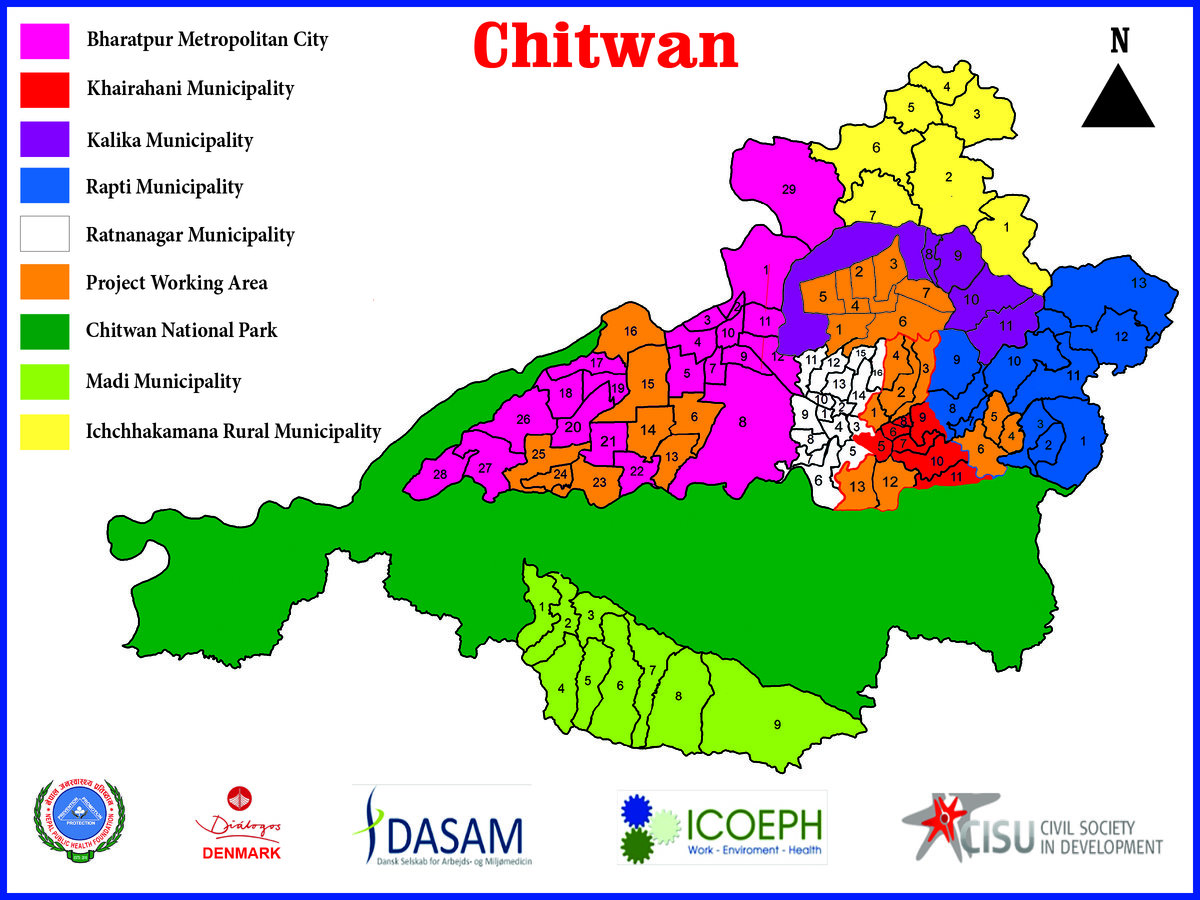Pesticide Exposure and Adverse Pregnancy Outcomes in Nepal
6 months

-
In Nepal, awareness on adverse effects of pesticide poising is very low. People handle the pesticides haphazardly, with little use of precaution during pesticide use, handling and storing it. According to the latest estimate, the annual import of pesticides in Nepal is about 211t a.i. with 29.19% insecticides,61.38% fungicides, 7.43% herbicides and 2% others. Pesticide misuse is being a serious concern mainly in the commercial pocket areas of agricultural production, where farmers are suffering from environmental pollution. Incidence of poisoning is also increasing because of intentional, incidental and occupational exposure.
This study aims to explore the adverse effects of maternal exposure to pregnancy outcome such as Still Birth, Low Birth Weight, Premature Birth and Apgar score. This study is expected to inform the policy makers to formulate the plans, policies and programs for reducing the pesticide exposure.
Chitwan was chosen as the location to perform the study since the majority of the household use pesticide on a daily basis. Bharatpur Hospital was prioritized because of its affordability and because the hospital provides incentive (delivery allowance) to the incoming pregnant women depending on the area they are from. Bharatpur is the biggest hospital that holds the most about of incoming patients.
-
General Objective :
- To identify the association of pesticide exposure and pregnancy outcome visiting in Tertiary Care Government Hospital in Chitwan District, Nepal.
Specific Objective :
- To identify the association of pesticide exposure in mothers with low birth weight, prematurity, still birth, congenital anomalies and APGAR score of their baby.
-
- Build questionnaire
- Collected history
- Analysis of the collected data
-
Tertiary Care Government Hospital in Chitwan District, Nepal
